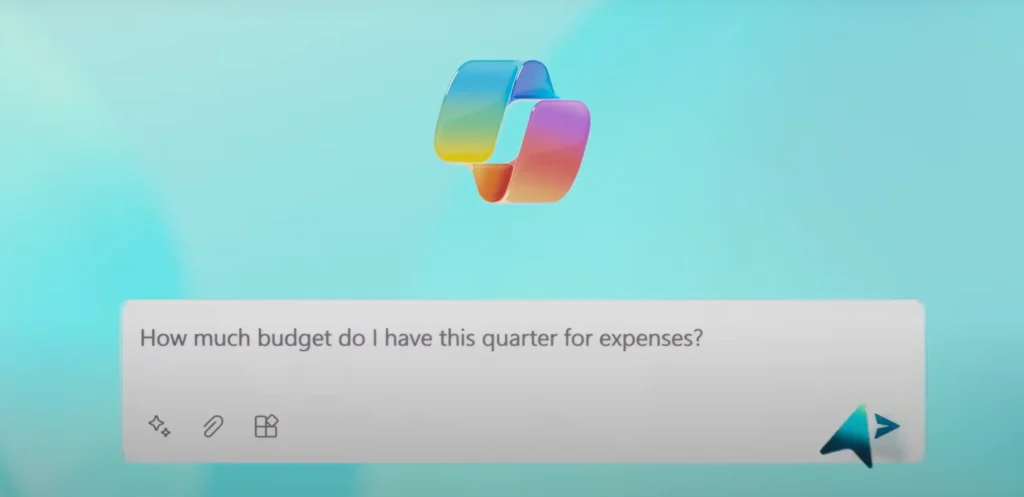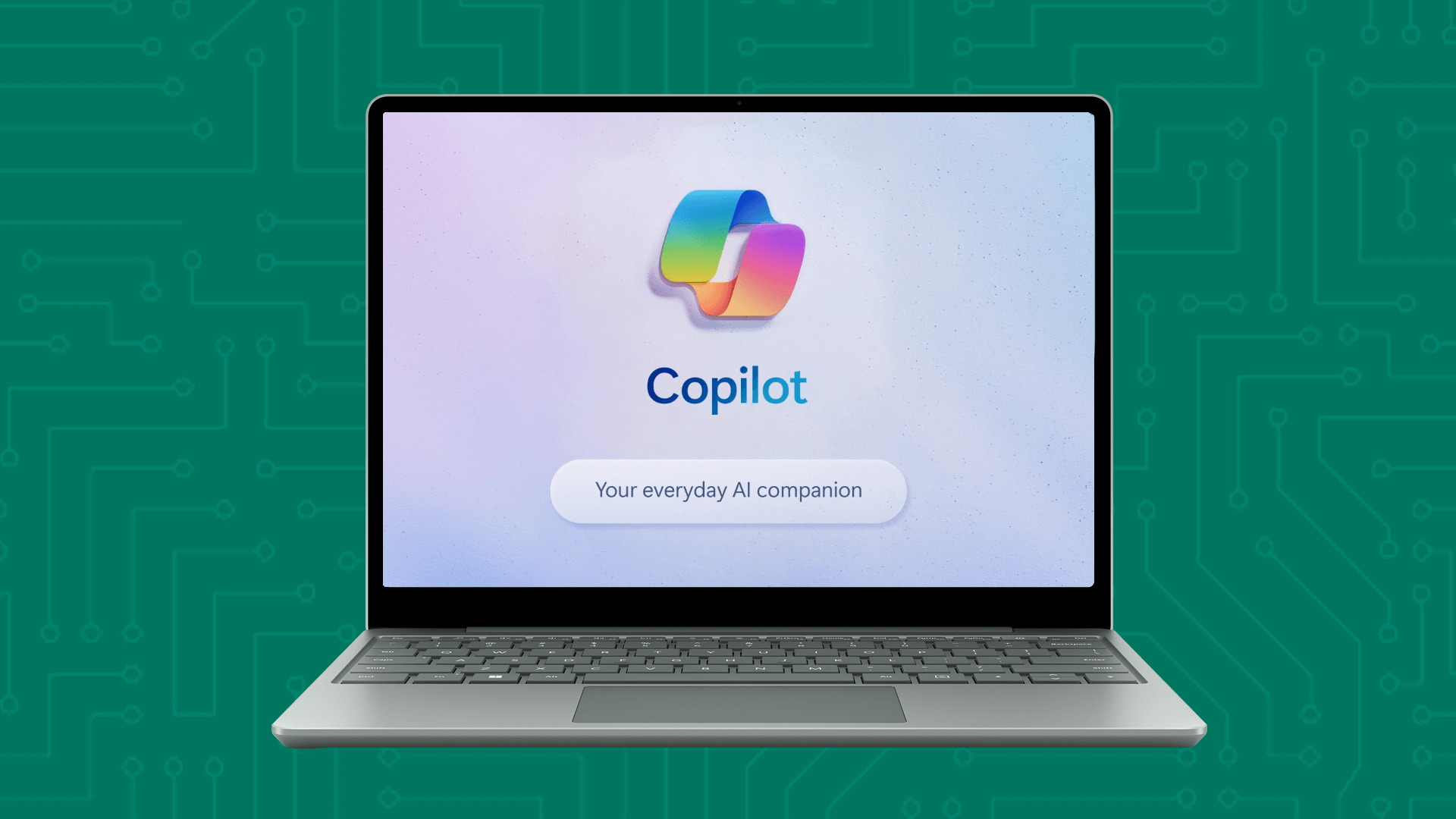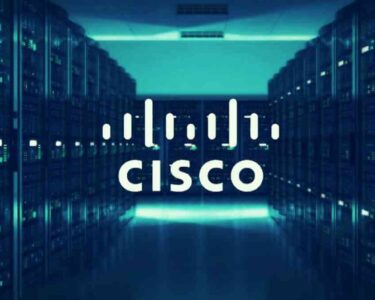Microsoft’s upcoming “New Era of Work” event on March 21st has the tech world buzzing with anticipation. Among the expected announcements are significant additions of AI features to Windows 11. This integration of artificial intelligence has the potential to revolutionize the way we interact with our computers and fundamentally alter the landscape of productivity tools.
A Glimpse into the Future of Work?
While details are scarce, leaks and industry speculation suggest several possibilities:

AI-powered Search and Assistance: Imagine a more intuitive search experience within Windows 11. AI could anticipate your needs and surface relevant information or actions before you even type a query. This could involve proactive file suggestions, context-aware task management, or even intelligent automation of repetitive actions.
Enhanced Copilot Functionality: Microsoft‘s existing Copilot feature, powered by GPT-4 technology, already assists with tasks like writing emails and generating code. The AI-powered Windows update could significantly expand Copilot’s capabilities, transforming it into a virtual work companion that anticipates your needs and streamlines workflows.
Personalized User Experience: AI could personalize the Windows interface based on your individual work style and preferences. This might include custom layouts, automated organization of files and folders, and proactive suggestions for optimizing your workspace.
Benefits and Potential Impact:
The integration of AI in Windows 11 promises a multitude of benefits:
Increased Productivity: By automating tasks and offering intelligent assistance, AI could free up valuable time for users to focus on more strategic work.
Improved Workflow Management: AI-powered organization and suggestions could lead to a more streamlined workflow, minimizing wasted time and effort.
Reduced Cognitive Load: By anticipating needs and offering proactive solutions, AI could alleviate the cognitive load associated with navigating complex software and managing multiple tasks.
Challenges and Considerations:
While the potential benefits are undeniable, some challenges need to be addressed:
Privacy Concerns: The ability of AI to anticipate user needs raises questions about data collection and privacy. Microsoft will need to ensure transparency and user control over how their data is used.
Learning Curve: Integrating advanced AI features might create a steeper learning curve for some users. Microsoft will need to provide intuitive interfaces and adequate training resources.
Ethical Considerations: As AI capabilities grow, ethical considerations regarding bias and automation come into play. Microsoft will need to ensure that AI features within Windows are fair, unbiased, and used responsibly.
A Look Ahead:
Microsoft’s foray into AI-powered Windows updates signals a significant shift in the way we interact with our computers. The “New Era of Work” event on March 21st could be a watershed moment, offering a glimpse into a future where AI seamlessly integrates with our daily tasks, empowering us to work smarter and achieve more. It will be interesting to see how Microsoft addresses the challenges and leverages the immense potential of AI to create a truly transformative Windows experience.





